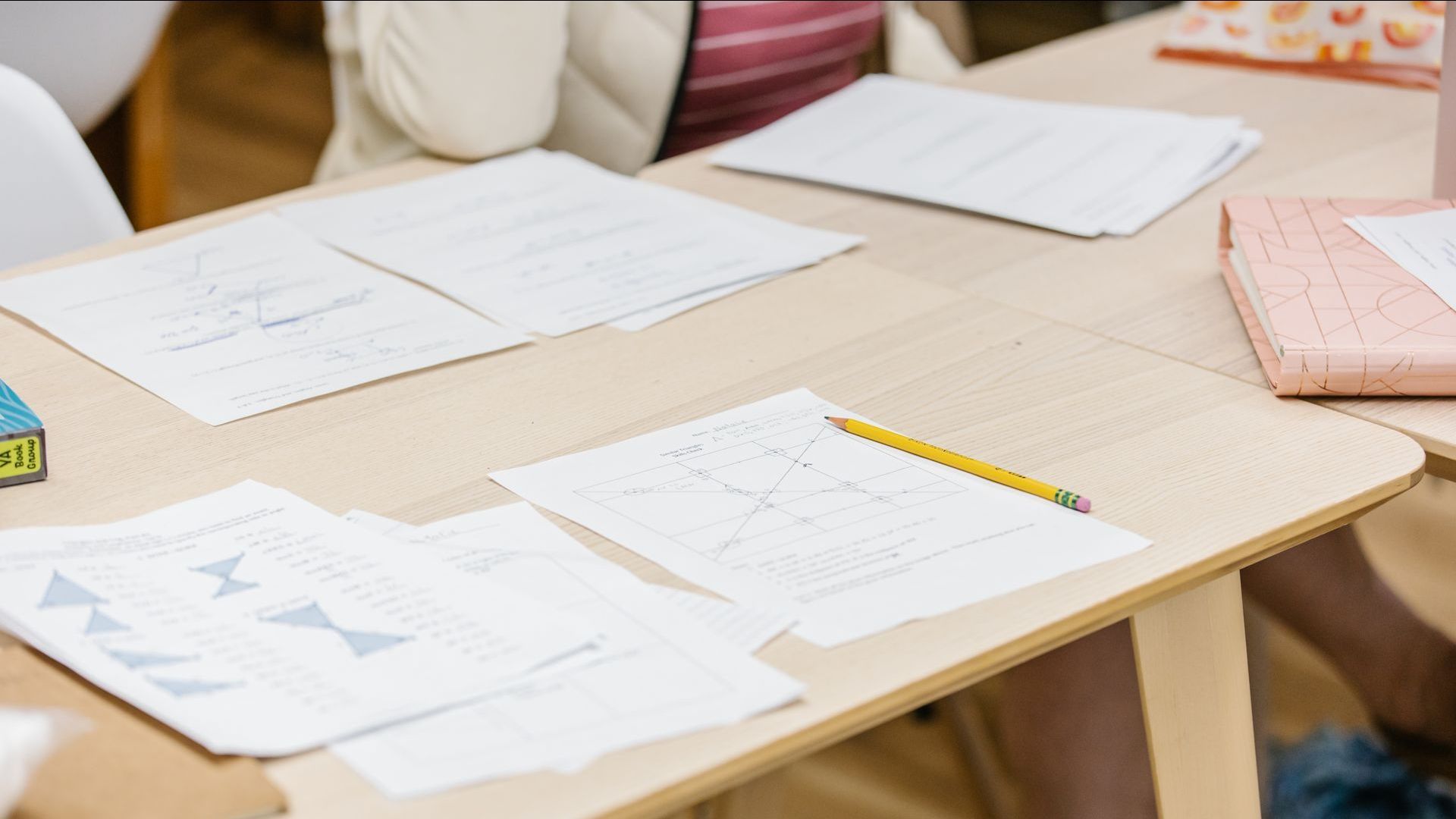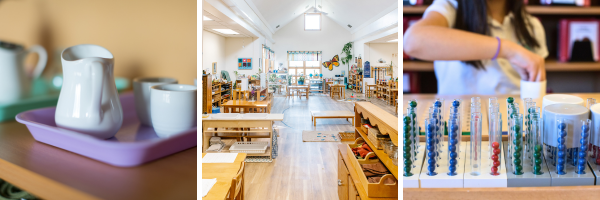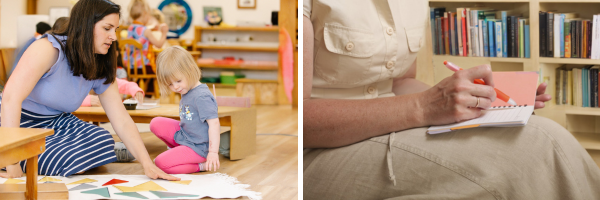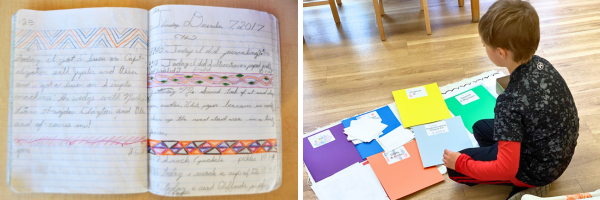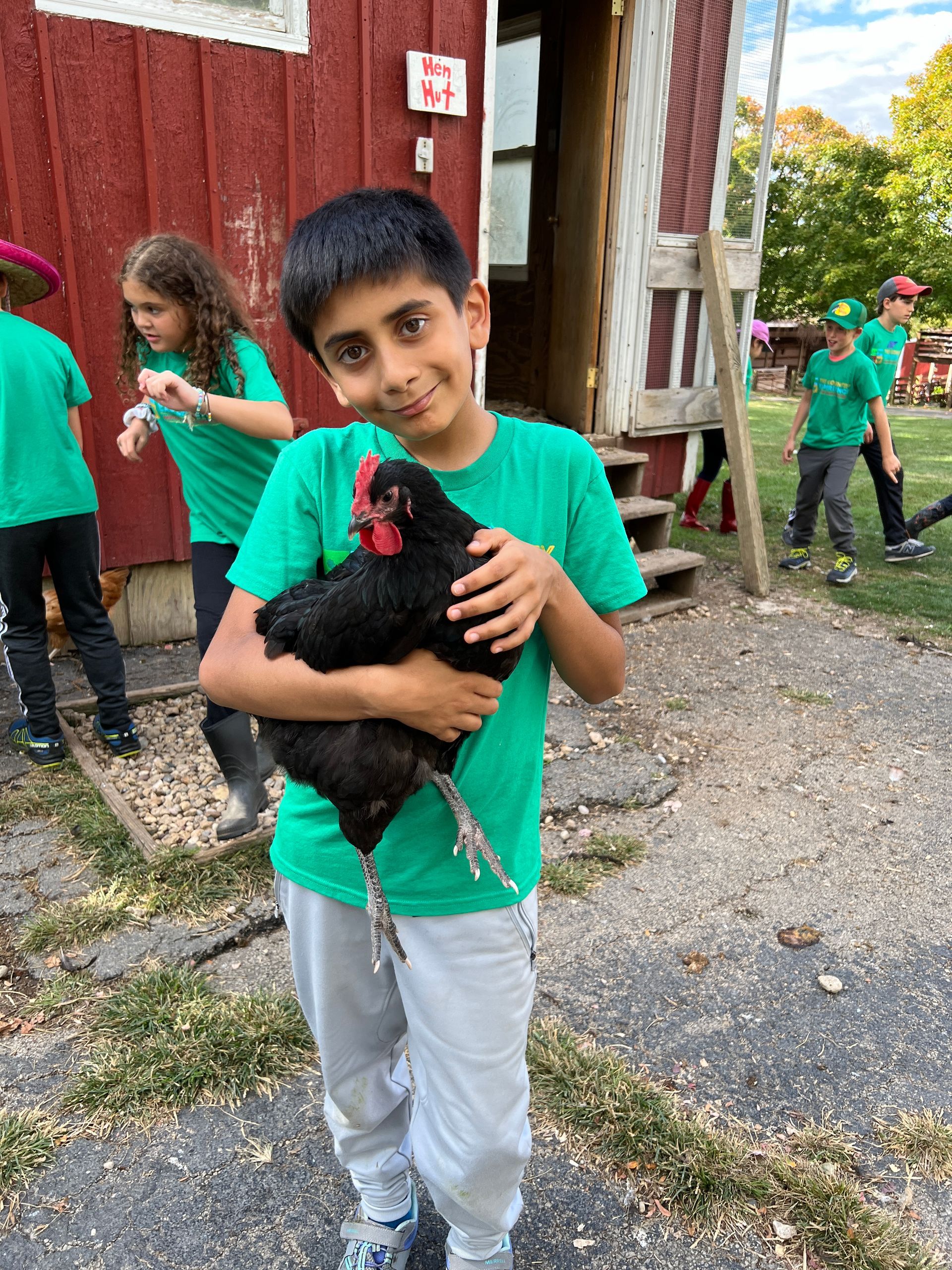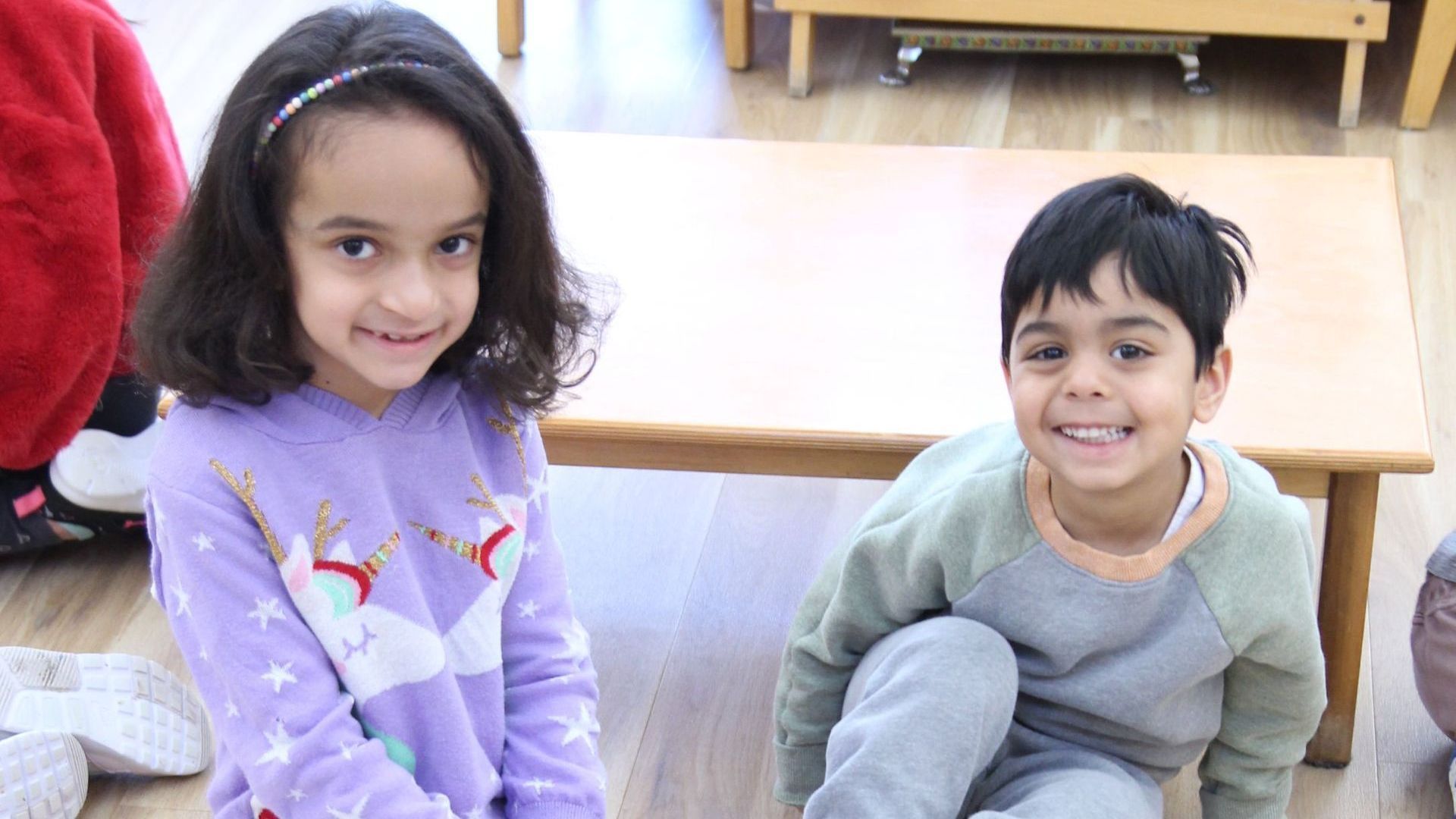An overview of how Montessori schools assess student progress and development
We are excited to continue to provide our families with clear and comprehensive information about how a Montessori education at MSLF best serves each of our students. Today, we share with you an overview of Montessori assessments. Assessing a child’s academic progress in a Montessori environment involves a different approach than traditional educational settings. Below you will find the five key elements to Montessori assessments.
We hope this information helps to guide your understanding of the breadth and depth of the Montessori curriculum and how this investment in your child’s education will truly serve them well into the future.
HOW DO MONTESSORI SCHOOLS ASSESS STUDENT PROGRESS AND DEVELOPMENT?
Assessing a child’s academic progress in a Montessori environment involves a different approach than traditional educational settings. The focus is on human development rather than an educational model, emphasizing individualized learning and holistic development. Assessments of children’s progress are done by observation of the work and abilities of the children and there is a greater emphasis on the child's engagement, concentration, and learning process rather than just the final outcome.
At MSLF, there are five key elements to assessments:
THE PREPARED ENVIRONMENT
The classroom is carefully designed with age-appropriate materials and activities readily accessible, allowing children to choose their work independently. Materials provide a natural control of error that allows the child to assess their own work and correct independently. Children are encouraged to select activities that interest them within the prepared environment, fostering autonomy and self-directed learning. This carefully crafted space designed to meet the child’s developmental needs is the cornerstone of a Montessori education. Without this carefully prepared space, teachers would not be able to effectively execute their roles in the Montessori classroom.
OBSERVATION AND DOCUMENTATION
The main tool for assessment used by all Montessori teachers is observation. Observing without judgment is one of the most vital teaching tools we have to "follow the child," recognize their needs, and assist them in finding their strengths and capabilities.
Montessori teachers regularly observe and document each child’s progress in various areas, including academic skills, social development, and practical life activities. Through observation, instead of coming up with an idea of what we want to teach them, they show us what they want to learn, and then we can see how we can support that. A teacher who is gifted in the science of observation can help children overcome difficulties and redirect their interest when necessary. Being knowledgeable of the curriculum for the age, a teacher, from observation, is also able to make plans for future work. When the teacher observes that a student has mastered a concept or skill, they can introduce new lessons. The plans are reviewed frequently and serve as a guide for the teacher’s next steps. Students in our Elementary and Adolescent programs might be given simple quizzes or tests to measure their understanding. This feedback is then used to tailor student lessons.
In Montessori, teachers focus on individual students’ progress; it is not a teacher’s duty to make sure all students master the same set of skills at the same time. Children are assessed based on their own developmental progress, not compared to peers, and are given opportunities to work at their own pace.
LEARNING JOURNALS AND PORTFOLIOS
When children advance into our Elementary and Adolescent classrooms, they begin to record their work as well as plans for their work. This is done in learning journals and portfolios and can represent a sample of their work, progress over time, and areas of focus. These materials offer a tangible record of your child’s academic achievements and serve as a valuable tool for tracking growth. Students also begin to have regular one-on-one conferences with their teacher, which helps the teacher assess the child’s progress.
PARENT-TEACHER COMMUNICATION
Regular communication with parents helps to ensure alignment between home and school learning environments. It is important to maintain open communication with your child’s Montessori teacher, making sure to share any observations from home or family changes that may impact your child’s focus or behavior at school. In between scheduled fall and spring conferences, teachers can also provide insights into your child’s development and offer suggestions for supporting their learning at home.
FALL AND SPRING CONFERENCES
At MSLF, we offer fall and spring conferences to provide parents valuable insights into your child’s academic growth and interests. It is important for all parents to be familiar with Montessori educational standards and MSLF’s Scope and Sequence for each developmental stage. These standards can help you understand typical academic progress in a Montessori environment and support your child’s learning journey. In addition, parents who participate in classroom observations and parent-child work sessions get additional insights into the work their child is doing in their classroom each day.
In our Adolescent Program, fall and spring conferences are Student-Led Conferences, allowing the student to showcase their work, discuss their learning experiences, and set goals.
STANDARDIZED ASSESSMENTS
Beginning at the Lower Elementary level, students are introduced to an assessment called aimswebPlus. AimswebPlus is a universal screener that is given three times a year to students in grades 1-8 at MSLF. The main purpose in offering a short assessment like aimswebPlus to students in a Montessori school is as a practical life work. As students transition to high school, assessments may be given online for some classes. In addition, students will likely have online standardized tests. Offering students the opportunity to practice online test taking as well as timed testing in a low-pressure environment helps ensure they are familiar with those test taking skills prior to high school. In addition, while the most important information about a student’s performance is based on teacher observation, mastery of Montessori works, and mastery of classroom curriculum, aimswebPlus is an additional data point that is used by administration and teachers to evaluate and understand student reading and math proficiency.
CONCLUSION
In Montessori, continual assessment is organically built into the essential functioning of an authentic classroom. Remember that Montessori education values the whole child and emphasizes progress across cognitive, social, emotional, and practical life domains. Academic advancement is just one aspect of your child’s overall development, and assessing their growth should consider a wide range of factors beyond traditional academic measurements. The daily use of observation combined with the ability of the learning materials to reveal a child’s understanding along with rigorous record keeping enable Montessori teachers to closely follow their students’ development. By collaborating with your child’s teachers, observing their progress at home, and engaging in open communication, you can gain valuable insights into your child’s academic standing and support their educational journey effectively.
Where can I learn more?
MSLF students are receiving a premier Montessori education in an environment designed to support how children learn best, which is backed by decades of scientific research. To learn more about education at MSLF, please review the MSLF Curriculum Scope & Sequence which was created to help parents better understand the Montessori curriculum and progression at each level.
Resources and references:

